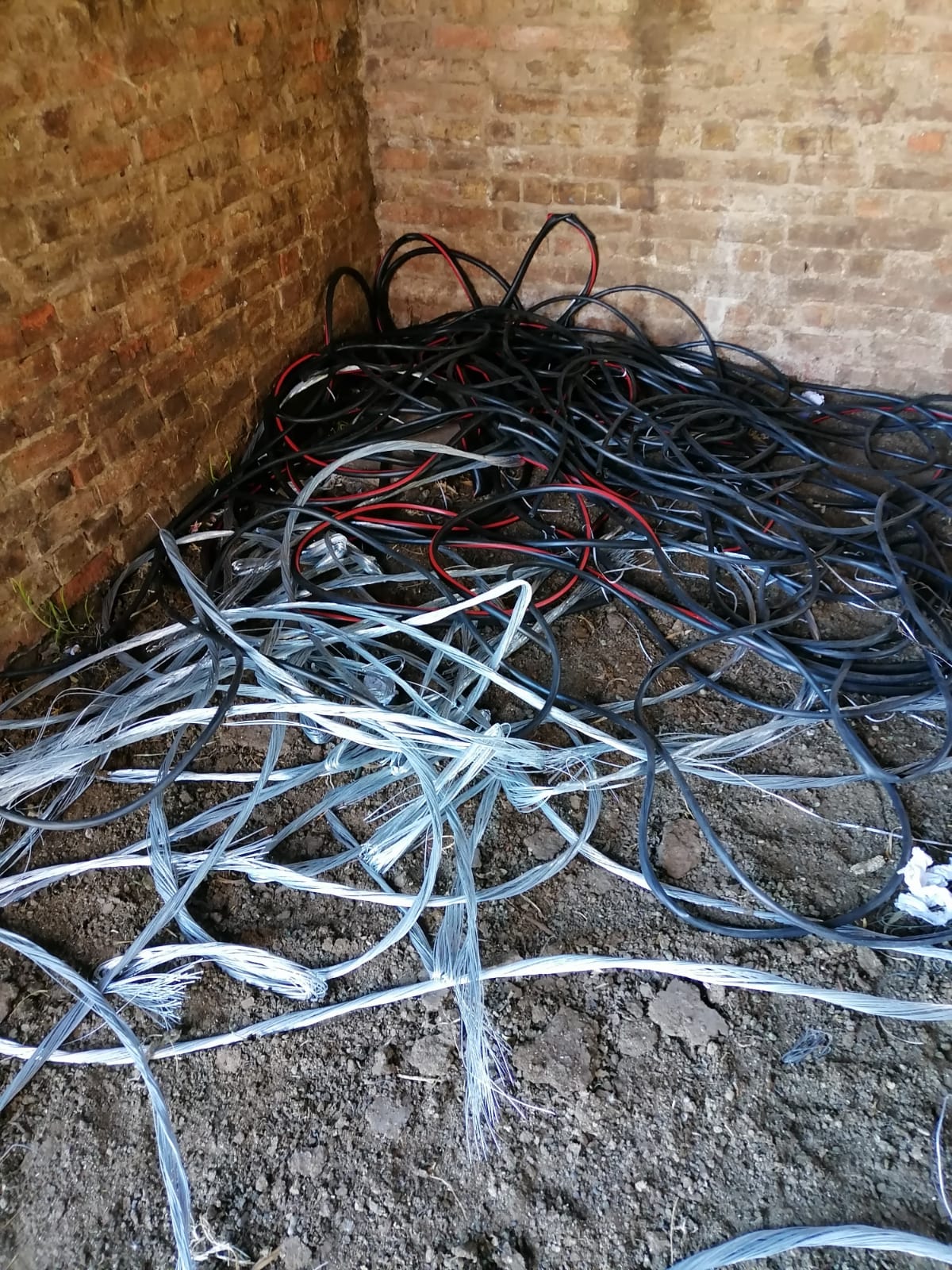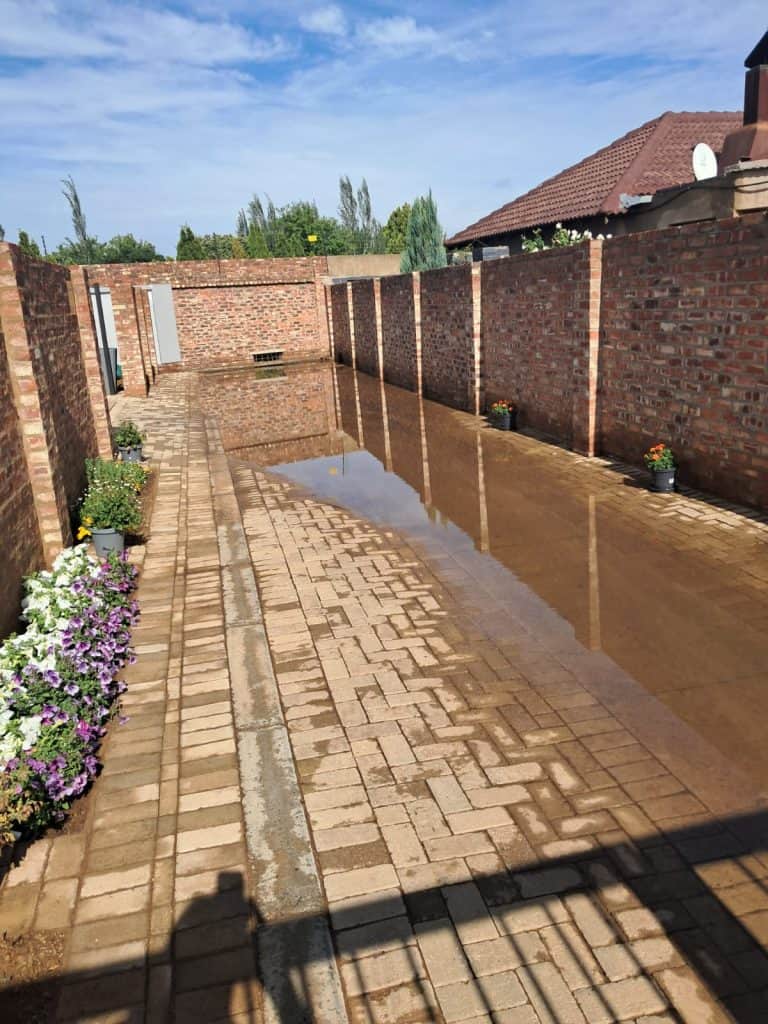Time for NPA to get serious about cable thieves who leave communities in the dark – AfriForum
Soundbite: Jacques Broodryk (English)
Klankgreep: Jacques Broodryk (Afrikaans)
AfriForum has called on the National Prosecuting Authority (NPA) to take decisive action and issue clear directives to prosecutors to seek harsher sentences in cases of copper cable theft. The civil rights organisation says that while communities nationwide continue to suffer from crippling power outages and disruptions due to cable theft, copper thieves are handed suspended sentences or small fines and allowed to walk free.
In a formal letter addressed to the National Director of Public Prosecutions, Adv. Shamila Batohi, AfriForum demands that cases of copper cable theft be handled with the necessary seriousness. This type of theft increasingly threatens the country’s infrastructure, economy and security.
Cable theft has become a national epidemic, especially in high-risk areas such as the Cape Provinces, where cellphone towers, fibre networks and batteries for cellphone networks are systematically looted, leaving entire communities without electricity, communication and access to emergency services.
“It is completely unacceptable that criminals can steal kilometres of copper from Eskom, Transnet and telecommunications towers, while the courts treat it like petty theft. This is not a petty crime. This is economic sabotage. The people who suffer the most are ordinary South Africans in places like Port Elizabeth, the Garden Route and the Karoo. These are the ones who are literally left in the dark,” says Jacques Broodryk, AfriForum’s Chief Spokesperson for Community Safety.
The scale of the problem is staggering. Eskom reports up to R7 billion in annual losses due to illegal connections and non-technical losses in Gauteng alone. Even Transnet has recorded over 3 500 incidents of cable theft in a single year. The total cost of cable theft is estimated to be R46,5 billion per year. This includes lost productivity, repairs and estimated service disruptions at hospitals, schools and households.
AfriForum has already begun looking into training opportunities for specialised civilian teams to assist in safeguarding critical and essential infrastructure in areas, such as the Cape Provinces, which are sometimes repeatedly hit without adequate response from government or law enforcement.
“If the government refuses to act, civil society must step in. AfriForum is ready for this, but the responsibility still lies with the NPA and South African Police Service (SAPS) to ensure that these criminals are removed from the streets. Until this happens, infrastructure will continue to suffer and South Africans will continue to pay the price,” says Broodryk.
AfriForum has also urged the NPA to officially recognise cases of cable theft that occur at critical or essential infrastructure as theft with aggravating circumstances; instruct prosecutors to advocate for custodial sentences and oppose suspended sentences for repeat offenders; and advocate for restorative penalties such as compensation for the damage caused.
“It’s time for the NPA to stop handling copper thieves with silk gloves. There is nothing small or insignificant about a crime that shuts down hospitals, destroys livelihoods and cripples’ entire communities,” concludes Broodryk.
AfriForum is committed to assisting vulnerable communities and law enforcement agencies in combating cable theft, but real change must come from the justice system itself. Until then, the civil rights organisation will continue to fight back where government fails to act.











